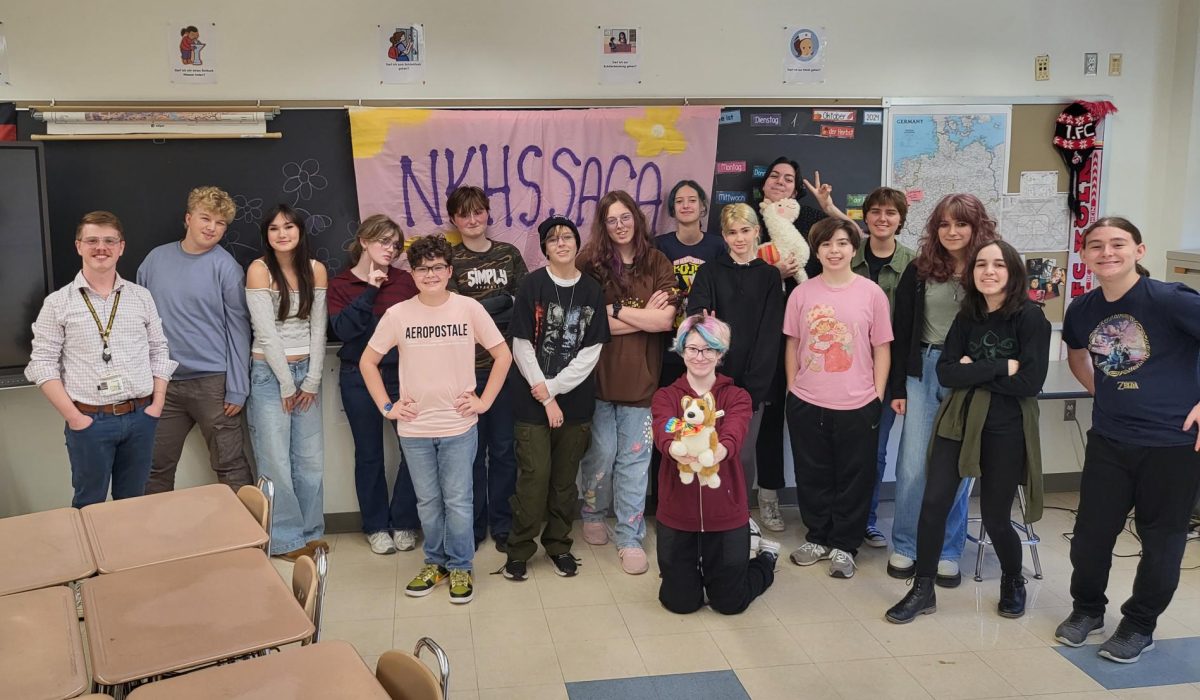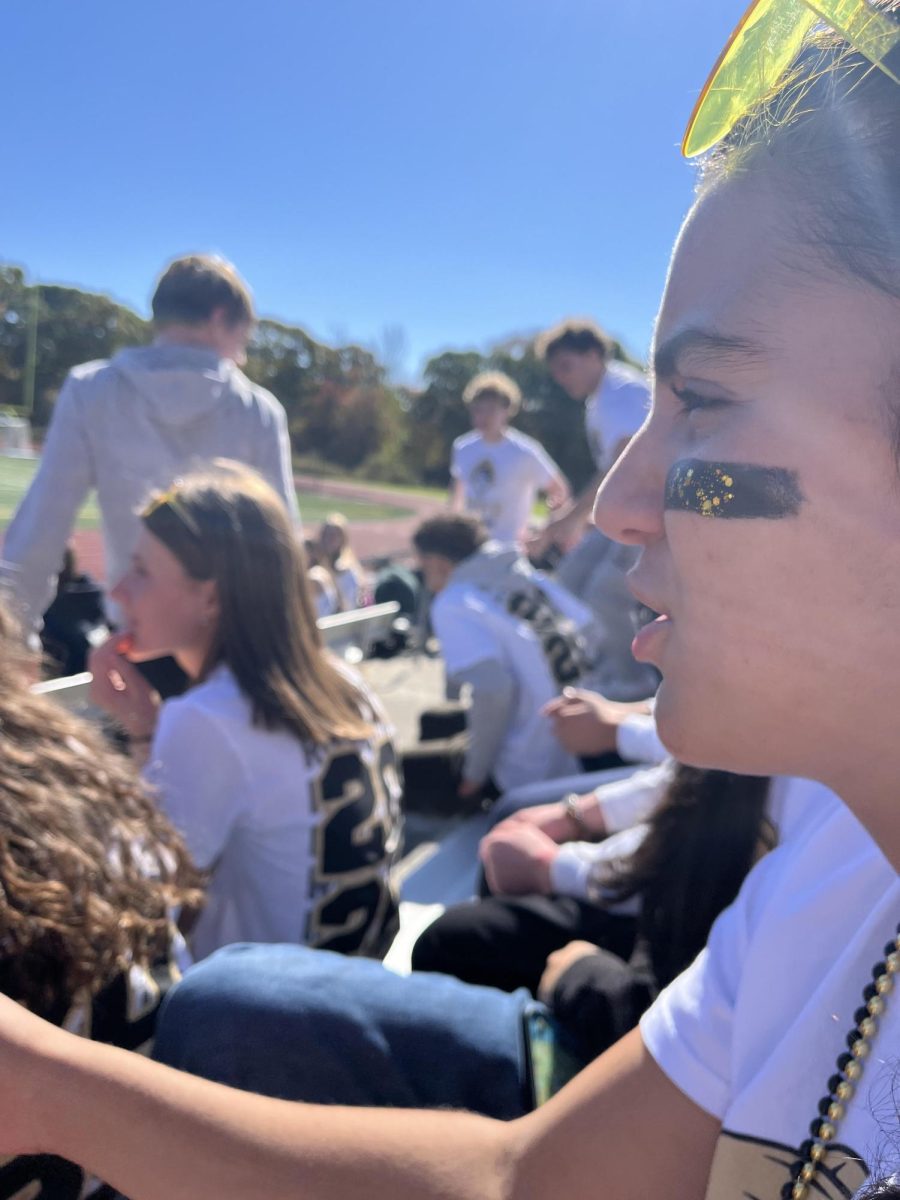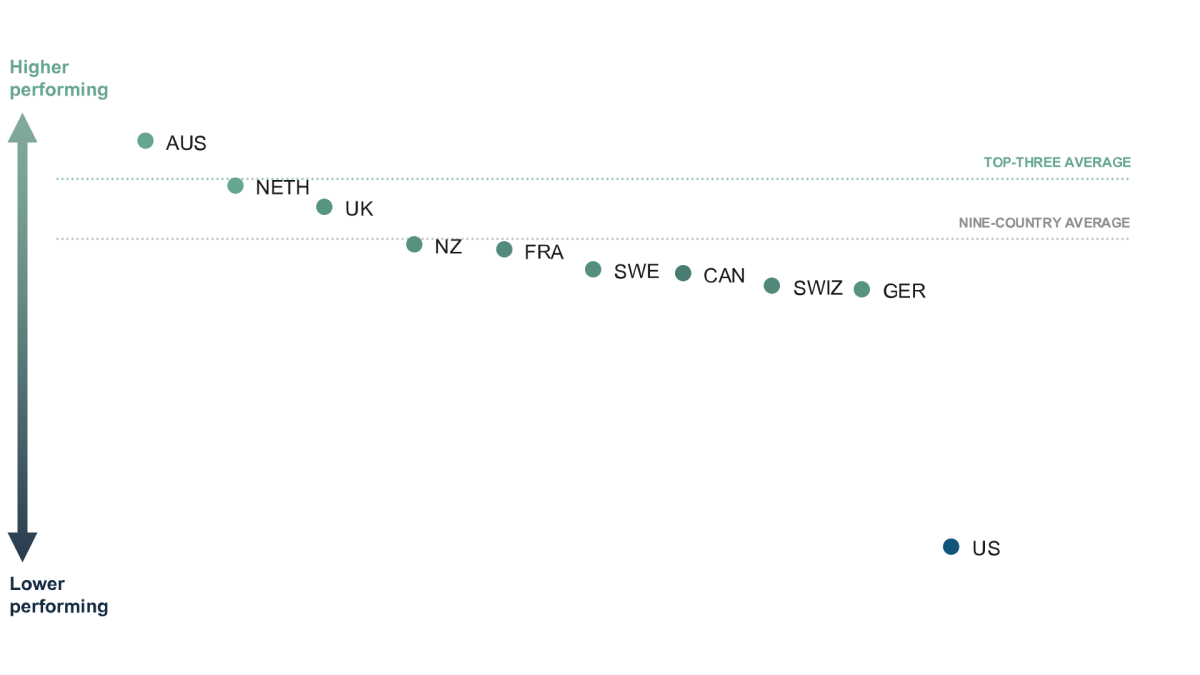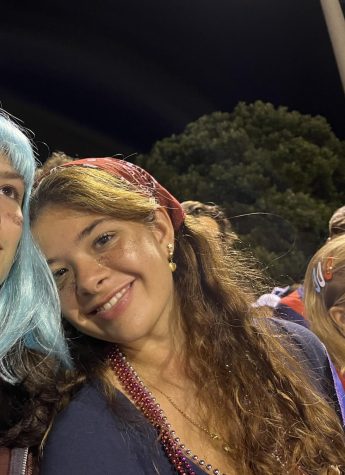The Invisible Life of Novel Writers
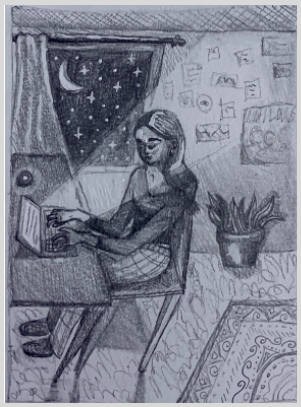
November 23, 2021
“It’s a new way of looking at writing, because you have to just get the words on the page without any worries about editing,” said NK freshman Alice Dunning, who has participated in NaNoWriMo since 2017. “I’ve definitely surprised myself with some of the things I have written during this challenge.”
In order to win, participants must write around 1,677 words a day, which will get them to the requirement of 50,000 words by the end of the month. Once completed, the novel can be submitted to nanowrimo.org, where a word count will be taken. “Winners” receive banners, and certificates, and, most importantly, a completed draft of a new novel.
“NaNoWriMo tracks words for writers like Fitbit tracks steps,” says the official website. The contest forces authors to just write, no matter how good it is. Normally a solitary, mentally-excruciating expedition, the task of writing a book is turned into a communal event.
According to NaNoWriMo’s website, popular books such as Erin Morgenstern’s The Night Circus, Marissa Myer’s Cinder, and Rainbow Rowell’s Fangirl are all fruit of a productive November.
“Whatever you thought NaNoWriMo is, it’s more than that,” says nanowrimo.org. The contest is a learning opportunity overall; the website includes extensive resources, and workshop events are held worldwide. Past-participants and successful writers offer “Pep-Talks” through brief letters, all of which are accessible on the website. John Green (author of The Fault in Our Stars) and Veronica Roth (author of the Divergent series) are just two examples of critically-acclaimed storytellers who have offered their guidance.
“… Why finish what you’ve started?” said John Green in his 2010 letter. “Because in two weeks, when you are done, you will be grateful for the experience. Also, you will have learned a lot about writing and humanness and the inestimable value of tilting at windmills.”
John Green reveals himself to be a realist, admitting that he has never written a book in less than three years. However, he still has faith in NaNoWriMo’s significance as an opportunity to grow as a creator.
That’s what the challenge is all about: growth. They have a Young Writer’s Program, which provides a curriculum that teachers can use to lead their students through the novel-writing process. Additionally, “Camp NaNoWriMo” encourages organizing any type of writing project–from poetry to a novel–in the months of April and July.
Although the NaNoWriMo tradition is so valuable to many, it goes unknown to even more. It is one of thousands of “internet subcultures,” which are exclusive groups of people scattered across the world, such as fandoms, conspiracy theory groups, and more. Like with all of these, this challenge is run by the internet community; there are countless chats and blogs dedicated to cheering each other on.
Novel writing is extremely difficult, no matter the deadline’s proximity. To lessen the pressure, NaNoWriMo encourages outlining and planning prior to November 1. The website provides organized outlining tips and dates you should hit each milestone–it suggests crafting your story idea between September 12-18. There’s even an entire “Prep Handbook” to help writers along their grueling journey.
“The most difficult part of being a writer is staying motivated,” said Dunning. “In the end, though, I know I won’t regret creating these stories.”
Ultimately, NaNoWriMo is not about perfectionism, or even quality. Like any challenge, it’s about testing yourself and simply pushing through.
“So go and make a body. There will be time to make it pretty later. But what good is smooth skin without a skeleton beneath?” author of The Invisible Life of Addie LaRue V.E. Schwab writes in her 2019 Pep-Talk. “Go make something. Go shape it. Go carve out or dig up or mold together something out of nothing but ideas, because you can. That’s why you’re here.”

